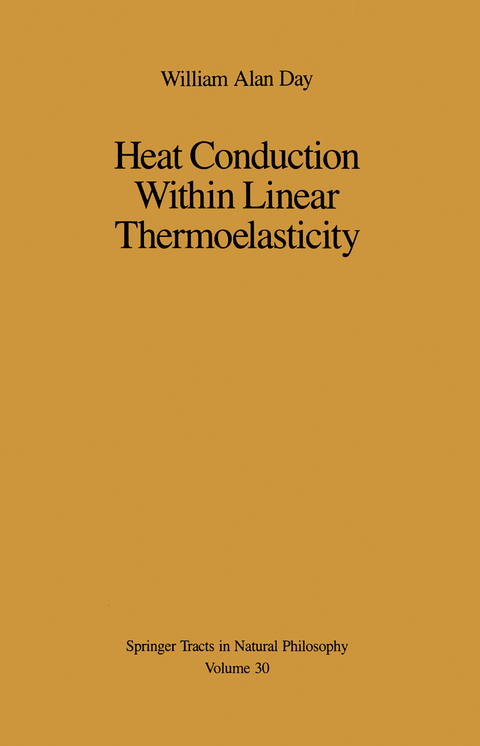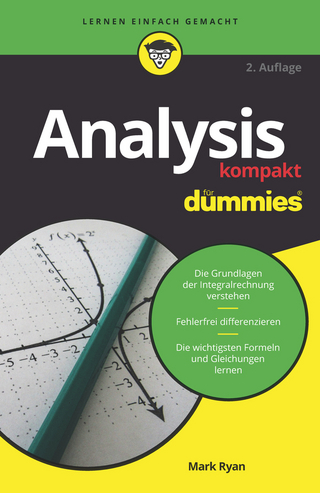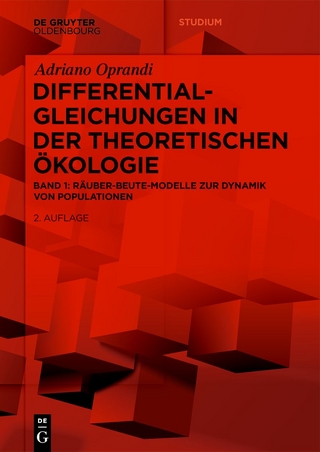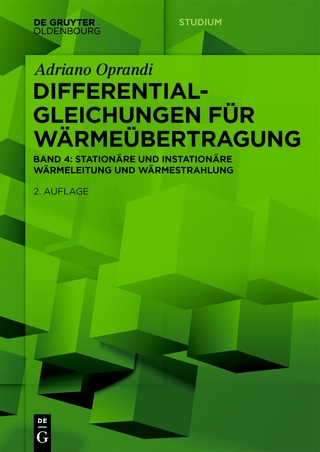
Heat Conduction Within Linear Thermoelasticity
Springer-Verlag New York Inc.
978-1-4613-9557-7 (ISBN)
1 Preliminaries.- §1.1 One-dimensional linear thermoelasticity.- §1.2 An energy integral.- 2 The Coupled and Quasi-static Approximation.- §2.1 An integro-differential equation.- §2.2 Construction of solutions.- §2.3 Failure of the Maximum Principle.- §2.4 Behaviour of the kernel.- §2.5 Initial sensitivity to the boundary.- §2.6 A monotone property of the entropy.- 3 Trigonometric Solutions of the Integro-differential Equation.- §3.1 Maximum Principles for the pointwise mean total energy density and the pointwise mean square heat flux.- §3.2 The effect of coupling on trigonometric solutions.- 4 Approximation by Way of the Heat Equation or the Integro-differential Equation.- §4.1 Status of the heat equation.- §4.2 Comments on Theorem 13.- §4.3 Proof of Theorem 13.- §4.4 Mean and recurrence properties of the temperature.- §4.5 Status of the integro-differential equation.- 5 Maximum and Minimum Properties of the Temperature Within the Dynamic Theory.- §5.1 Maximum and minimum properties with prescribed heat fluxes.- §5.2 Maximum and minimum properties with prescribed temperatures.- References.
| Reihe/Serie | Springer Tracts in Natural Philosophy ; 30 |
|---|---|
| Zusatzinfo | VIII, 84 p. |
| Verlagsort | New York, NY |
| Sprache | englisch |
| Maße | 155 x 235 mm |
| Themenwelt | Mathematik / Informatik ► Mathematik ► Analysis |
| Naturwissenschaften ► Physik / Astronomie ► Allgemeines / Lexika | |
| Naturwissenschaften ► Physik / Astronomie ► Thermodynamik | |
| Schlagworte | Heat |
| ISBN-10 | 1-4613-9557-7 / 1461395577 |
| ISBN-13 | 978-1-4613-9557-7 / 9781461395577 |
| Zustand | Neuware |
| Haben Sie eine Frage zum Produkt? |
aus dem Bereich


